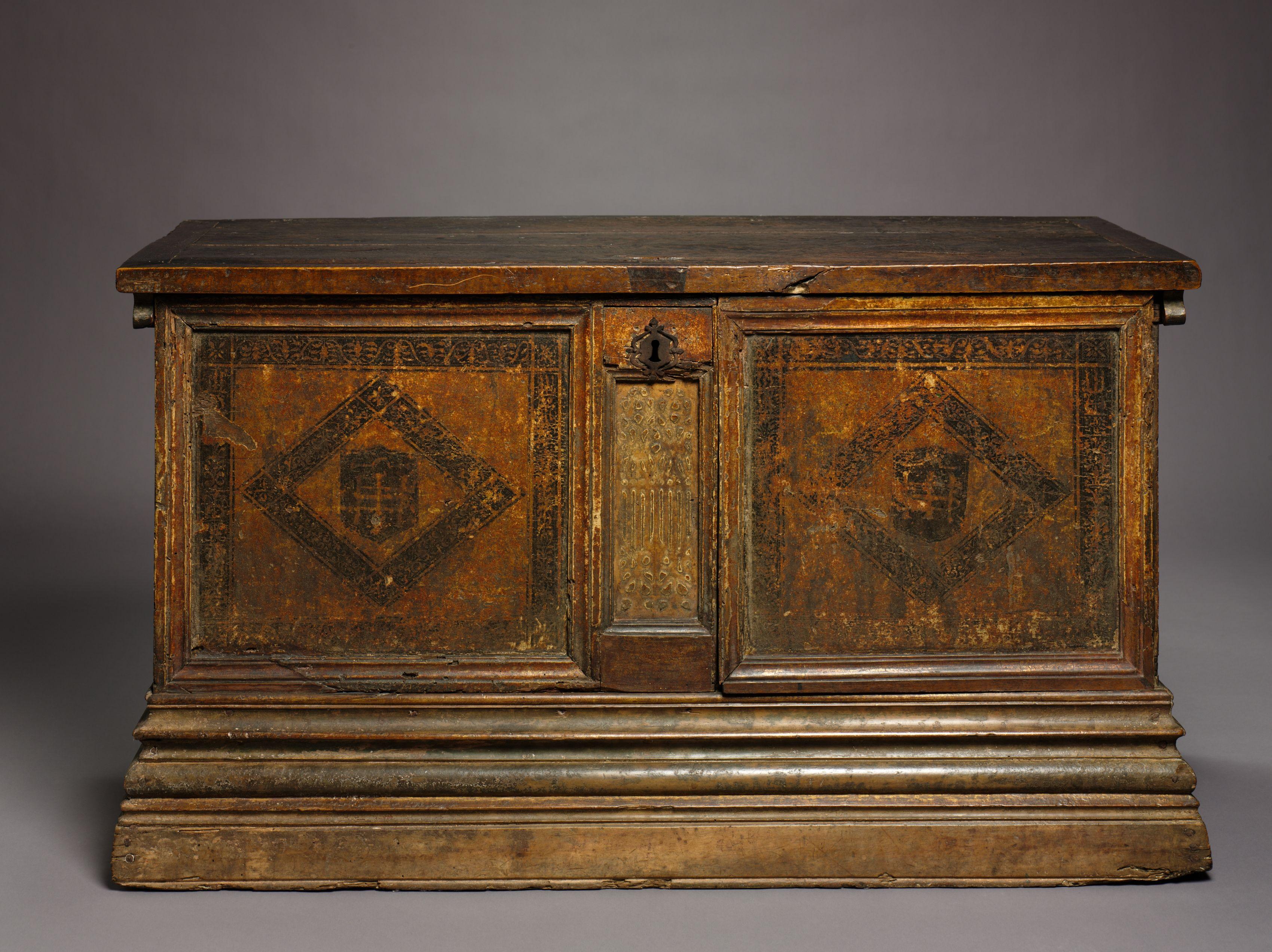Thrift Library is home to over 70,000 books. They can be very helpful when researching and working on projects. But how do you access them? Here is simple guide showing the two main ways of finding a physical book.
Step 1: Search for the book
Begin by looking in the Thrift Library catalog. You can then narrow your search from the results page. This video gives you a quick tutorial:
Simple Search
You can do a simple search by entering the book title and/or the author into the search box. If you want to find books on your topic, enter 1-3 keywords that describe your topic. Keyword examples: ancient Greek vases; Vincent van Gogh; sculpting in the 19th century; Chinese wall hangings.
Advanced Search
For more precise searching use the Advanced Search. Click "Advanced Search" to the right of the search box. Fill out the boxes to limit to specified fields like Title or Author.
Physical Items
From the search results page you can limit your results to physical books held by Thrift Library. Look to the left side of the page under "Refine my results" and select the following options:
Under Resource Type, select Books
Under Availability, select Held by library
Step 2: Locating the book
Once you have identified the book you wish to use, note the call number (example: LC3731.F45 2002) and navigate to the stacks (shelves) on the second floor of the library. There is signage there to direct you in finding the items according to its call number.
Library of Congress Classification System
A call number is like an address for a book. It tells you exactly where to go to find the book on the shelf. The call number is made up of letters, whole numbers, decimals, a publication date, and occasionally a volume and/or copy number. This allows for each book to have a specific location. One book's location cannot be confused with another book's location.
Thrift Library uses the Library of Congress Classification System; here is an example: LA 212 .R423 2005.
LA specifies the subject classification (L for Education and A for History, so History of Education).
212 is read as a whole number.
The next line, .R423, is called the Cutter number. This line is read as a decimal (.R423 would come after .R76).
2005 is the publication date.
Step 3: Checkout
Once you have acquired your book, you are free to peruse it at your leisure. If you have finished using it while you are here, return it to the desk. If you want to take it with you, you can check it out. All you have to do for that is to come to the front desk with your student ID, which serves as your library card. Someone should be there to assist you. They will then check out the book and let you know about the due date for return, and you can check that by signing into the catalog at any time after checking out!
:max_bytes(150000):strip_icc()/budapest-during-the-middle-ages-from-the-nuremberg-chronicle-1493-hungary-58c95ee75f9b58af5c78065d.jpg)



























